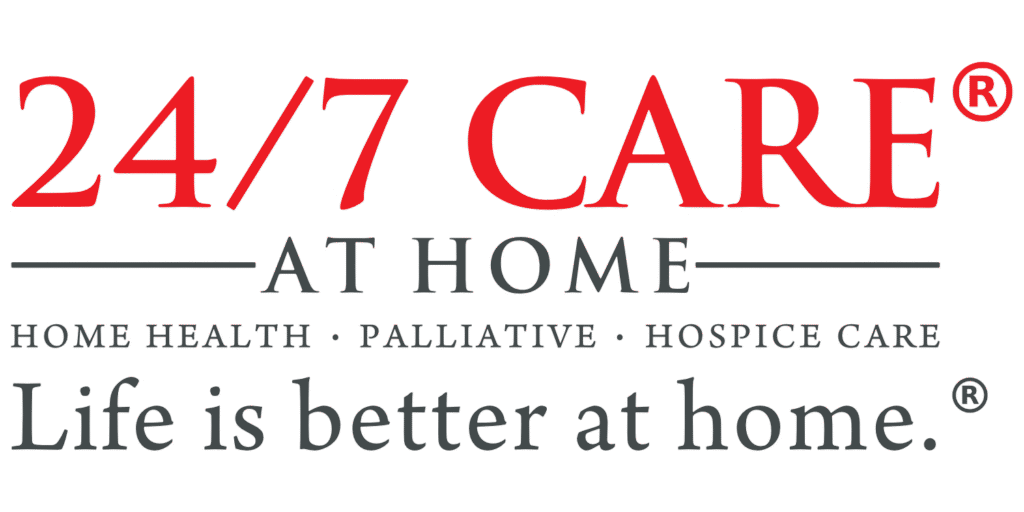Eligibility Guidelines

Eligibility Guidelines for Healthcare Providers
At 24/7 Care at Home, we collaborate closely with healthcare professionals to ensure patients receive compassionate, high-quality care in the comfort of their homes. Understanding the eligibility criteria for home health services helps ensure timely and appropriate patient referrals.
Medicare Home Health Eligibility Criteria
1. Need for Skilled Care
Patients require intermittent skilled care such as:
- Skilled nursing services
- Physical therapy
- Speech-language pathology services
- Ongoing occupational therapy
2. Homebound Status
Patients are considered homebound if leaving home requires considerable effort or assistance due to a medical condition. Occasional short trips for medical appointments or religious services are permitted.
3. Physician’s Plan of Care
A physician must establish, certify, and periodically review a personalized care plan specific to the patient’s healthcare needs.
4. Face-to-Face Encounter
A face-to-face encounter related to the primary reason for home health services must occur within 90 days before or 30 days after care begins. Required documentation includes:
- Patient’s name
- Clinical condition necessitating home health care
- Confirmation of homebound status
- Need for skilled services
- Date of encounter
- Physician’s signature and date
Conditions Commonly Managed with Home Health Services:
- Congestive Heart Failure (CHF)
- Chronic Obstructive Pulmonary Disease (COPD)
- Diabetes
- Stroke recovery
- Post-surgical care (e.g., joint replacements)
- Wound care
- Neurological conditions (Parkinson’s disease, dementia)
Hospice Eligibility Guidelines for Healthcare Providers
Terminal Illness Certification
- The patient has been diagnosed with a terminal illness, and a physician has certified that the patient has a life expectancy of six months or less if the disease follows its normal course.
- Election of Hospice Benefit
- The patient chooses to receive hospice care, focusing on comfort rather than curative treatments.
- Medicare-Approved Hospice Provider
- The hospice provider is certified by Medicare.
Medicaid and Private Insurance Hospice Eligibility
Eligibility criteria under Medicaid and most private insurance plans are similar to Medicare’s, typically requiring:
- A physician-certified terminal illness with a life expectancy of six months or less.
- The patient’s choice to forgo curative treatments in favor of comfort-focused care.
- Utilization of a hospice provider approved by the respective insurance program.
Common Conditions Appropriate for Hospice Referral
Patients with the following conditions may be appropriate for hospice care:
- Advanced cancer
- End-stage heart disease (e.g., CHF)
- End-stage lung disease (e.g., COPD)
- End-stage renal disease
- Advanced liver disease
- Progressive neurological diseases (e.g., ALS, Parkinson’s disease)
- Advanced dementia or Alzheimer’s disease

